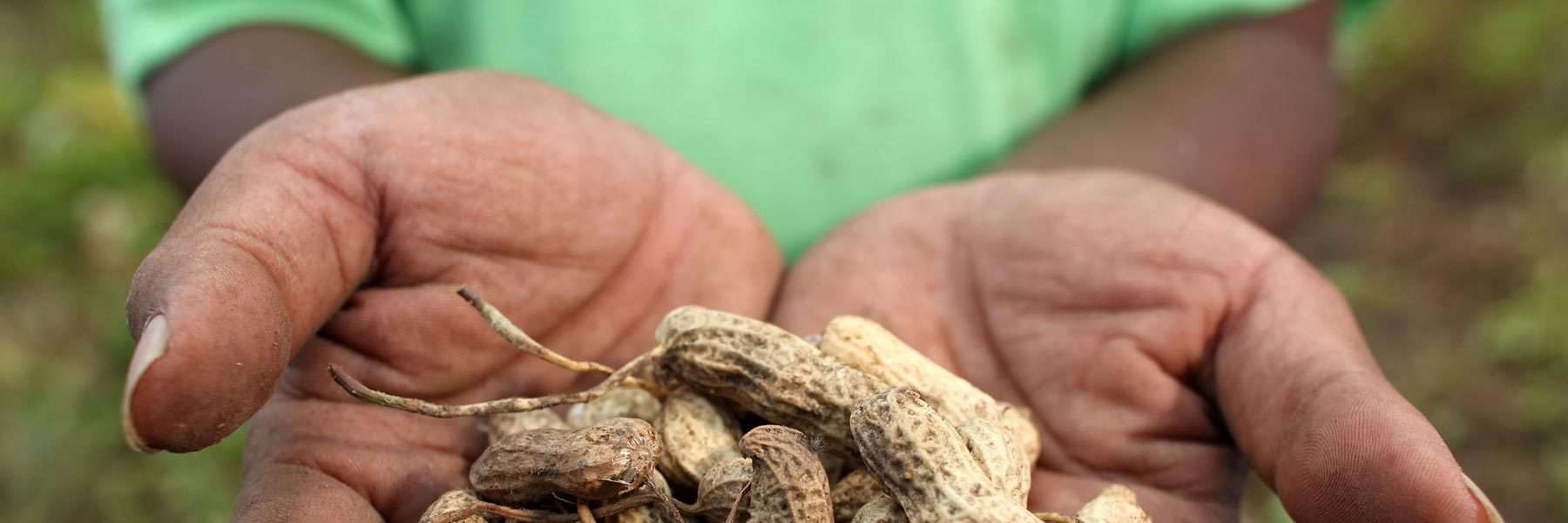Protecting our Pollinators Protects our Farms, says NFU-O
(June 9, 2015, Guelph, ON) – The National Farmers Union in Ontario (NFU-O) welcomes today’s announcement by Minister of Environment and Climate Change, Honourable Glen Murray, that Ontario will introduce new regulations to reduce the overuse of neonicotinoid insecticides in agricultural practices in this province, effective July 1, 2015.
“Bees and other insects are being exposed to neonicotinoids, not just during the planting of treated seeds, but for the whole growing season, because the insecticide is taken up by the plant and is found in pollen, nectar and guttation droplets, as well as in soils and water bodies,” notes Nathan Carey, farmer and NFU-O member. “These new regulations reflect the need for precaution when it comes to protecting our pollinators.”
“We are pleased to see our provincial government being so attentive to the issue and moving forward with these regulations,” said Karen Eatwell, NFU Region 3 Coordinator/NFU-O President. “As farmers, we know that we can succeed without using and paying for unnecessary seed treatments. The recently leaked Pesticide Management Regulatory Agency (PMRA) draft report provides more evidence that there is little to no economic benefit from using neonicotinoids on corn and soybeans.”
The NFU-O is pleased that the government extension services will support implementation of the regulations by helping farmers learn new management techniques such as Integrated Pest Management and longer rotations that can save farmers money while protecting bees and our environment. Farmers will also need support to help them assess pest pressure and identify situations where neonicotinoids are an appropriate response. Such programs need to be properly funded and well-staffed to ensure farmers have the tools they need to adopt new methods.
“Reducing the prophylactic use of neonicotinoids and protecting pollinators will benefit farmers and eaters in Ontario,” concludes Eatwell. “We know that the powerful crop input and seed companies that sell these products will push back, but with the support of the NFU-O and others, we believe the government’s commitment to ecosystem health and farmer education on alternative pest management approaches will ensure long-term protection of our pollinators and the food system that relies upon them.”
-30-
For more information contact:
Karen Eatwell, NFU Region 3 Coordinator /NFU-O President: (519) 232-4105; president@nfuontario.ca
Nathan Carey, NFU-O member: (519) 665-7305; nathanjcarey@gmail.com
